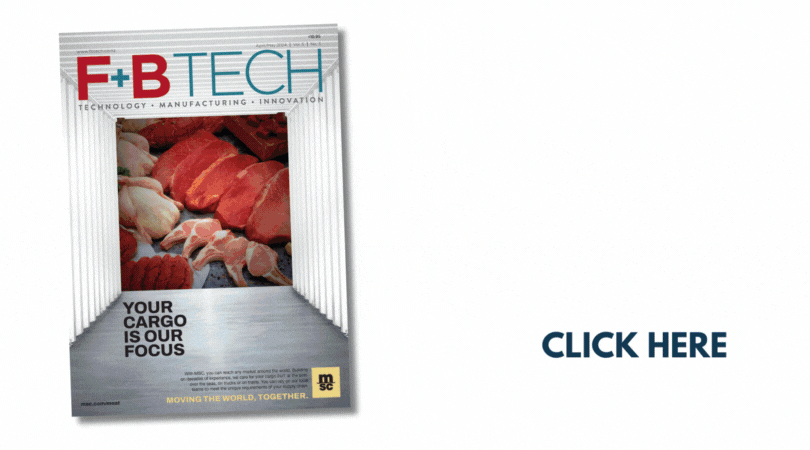Although convenience meals have offered a solution for modern on-the-go consumers, companies must meet certain packaging needs to stay relevant.
Quick and easy meals that don't compromise on taste have risen in popularity, posing a new challenge for packaging companies to revamp ready-meal aesthetics.
New customer demands for packing design must include sustainable, convenient and health-conscious features to draw attention away from competitors.
Paul Atoniadis, CEO of Good Natured, said the industry is responding to these demands by exploring various eco-friendly options. Innovations being adopted include advanced recycling technology, encouraging reuse systems, and developing advanced materials made from renewable resources.
A major challenge identified by Good Natured is when businesses within the industry adopt the mindset that there is only a single solution. Companies must embrace multiple options to address the diversity of consumer, business, and operating conditions.
Current trends in material innovation have led to the entry of a wide range of alternative materials, such as cardboard and aluminium, into the packaging landscape.
While these may seem more eco-friendly, the recycling capabilities and carbon reduction potentials of these alternative materials' often do not align with public perceptions.
Many alternative materials face recycling limitations, often ending up in incineration due to capacity constraints and contamination. Despite consumer's intentions, the actual environmental impact of these choices can be adverse.
Good Natured’s 2024 survey highlighted the importance of convenience meals in the current market, with 73 percent of respondents consistently buying or increasing purchases of ready-made meals.
To meet these demands, the industry dialogue must go beyond materials and take a multi-pronged approach that includes purposeful design to address equally important sustainability issues.
Despite this, the lack of standardised regulatory frameworks has posed significant hurdles with varying standards leading to consumer conduct.
This has been evident in the UK, where competitors measure recycled content differently, leading to customer confusion.
By focusing on true recycling and circularity, convenience meal companies will be able to meet customer expectations while ensuring that the industry remains future-proof, competitive and relevant.
To read more about packaging, click here.






